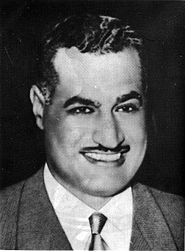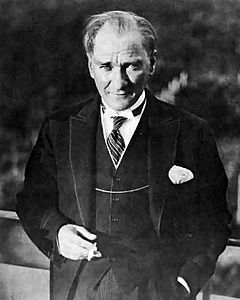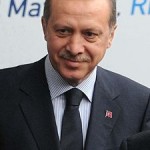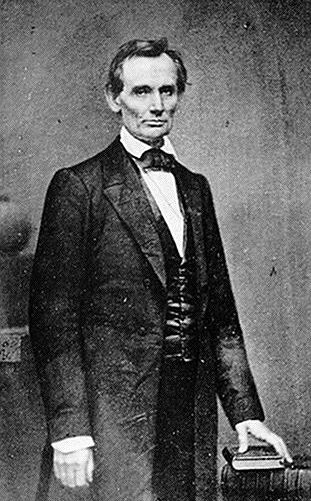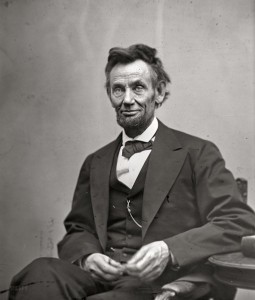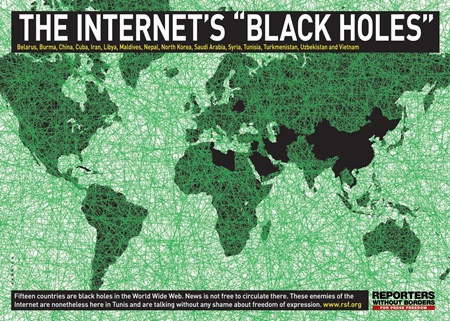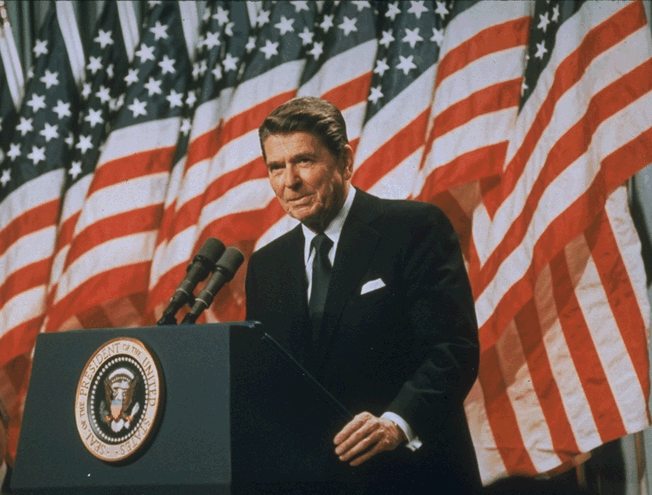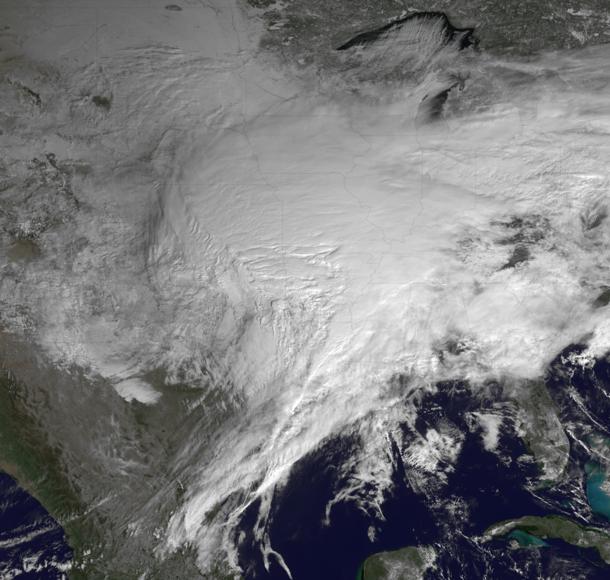We have become so numb to the inability of governments to address in adult and disciplined fashion the significant issues of our time that when such discipline is revealed, its harshness is initially tart as pickle juice. Thus the response of thousands of public employees to the adult requests of the governor of Wisconsin, Scott Walker, to pension and health care benefit adjustments he deems necessary to begin to deal with the state’s future busting 3.6 billion dollar budget deficit and billions more in unfunded mandates. Unlike the United States government, which can continue to pretend that balancing a budget is a task for future generations, most states are obligated by their constitutions to pay as they go. This sensible proposition of assuring sufficient funds available for the public expenditure was in the not too distant past considered a sacred trust of legislatures. Theirs was an emotional attachment to considering an additional tax to pay for an additional good, but at least it was pertinent to the consideration of the entire taxpaying public weighing the expense of a potential good to benefit that public. No more. The last few decades have resulted in a severe tipping of the scales with public unions requiring the taxpayer to progressively assure the public employee’s personal well being and comfort at the expense of any consideration of the public good. This achievement, through the weapon of “collective bargaining”, has resulted in the incestuous relationships of the public unions, fed by tax dollars, financially supporting the re-election of representatives who allow them to progressively feed, in a never ending progression.
Collective bargaining, the process by which unions negotiate with their employer for hours, wages, work safety, and benefits, requires a set of assumptions, checks and balances for each to negotiate in good faith. The first is the assumption that the union is representing the best interests of the workers and the second that the employer is concerned with the availability of a productive work force to achieve profit and growth.
In the private sector, the checks in power to each comes in the realization that the union risks the members jobs if it undermines too significantly the company’s ability to make a profit, the company understanding that its primary capacity to make money comes from an adequately compensated work force that will be productive. Collective bargaining in the public sector distorts all aspects of this careful balance. The public sector employee and government both rely not on profit motive but rather a third financier, the taxpayer, to passively provide the funds for both. The public union can ask the taxpayer to continue to pony up more and more because there is no defined profit capacity. The available funds are simply limited to that which the government is willing to collect, and the power of the government to increase its power and reach, thereby increasing the number of public employees, is limited only by its ability to remain in power. The result is the impossible arrangement that allows public unions to invest in maintaining governments that, thankful for the support and ability to stay in power, progressively kick their fiduciary responsibilities to the public down the road. President Franklin Delano Roosevelt, a strong proponent of union rights, saw the infeasibility of the public union relationship with government as did the last socialist mayor of a major city in America, mayor Frank Zeidler of Milwaukee, who in 1969, warned “that the rise of public unions put a competing power in charge of public business next to elected officials.”
Enter the Fixer. With the tsunami election of 2010, the voters of Wisconsin, a predominantly liberal state, rebelled against its impending financial doom, by electing a governor and legislature empowered with the singular mandate to restore the appropriate balance between the elected government and its people. The fixer comes in the form of Governor Walker, who in eight years as Milwaukee County Executive, managed to maneuver one of the state’s most liberal counties to the land of balanced budgets without tax increases. Despite getting called every name in the book, he persevered against entrenched interests time and time again by sticking to the overriding principle that his ultimate responsibility was to the taxpayer that paid the bills assure appropriate government, not to the beneficiary who demanded its inappropriateness. Elevated to the chief executive position in the state, he has brought with forcefulness to bear this overriding principle, and the hornet’s nest of entrenched interests has again been kicked over, on a much larger stage. If the interests that seek to derail Walker’s compact with his mandate, they will find him an immovable object. His separation of the public union from its oppressive hold on the levers of governmental funds and function, by removing its right to impel all public employees to fund the union and separating the collective bargaining rights for wages and pensions from job safety and grievance, is the most aggressive challenge to unions’ stranglehold on government decision making in decades. Walker has correctly identified the a lawmaker freed from the pressure of union tactics, regardless of party, may be more willing to review expenditures with a more objective eye. With objectivity, comes freedom of thought, and with freedom of thought, just maybe preservation of the republic form of government. IF Governor Walker pulls that off, he indeed will be the Fixer we have been waiting for.


